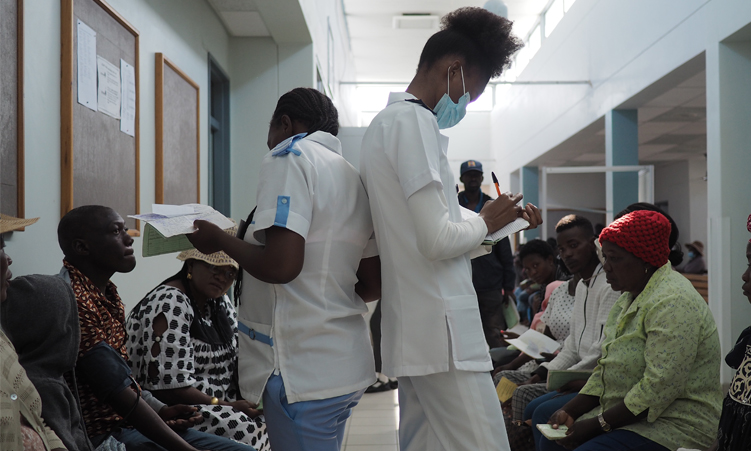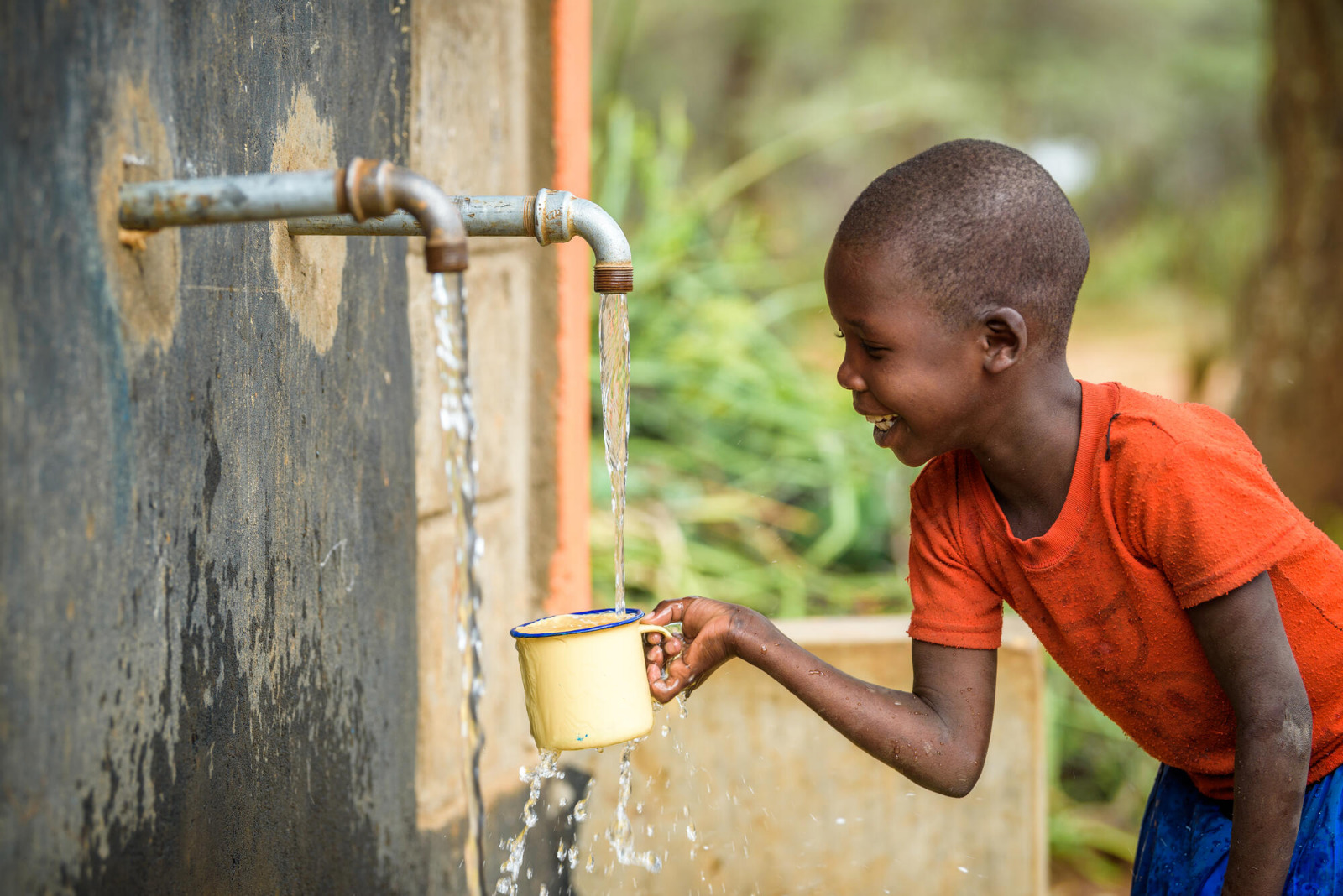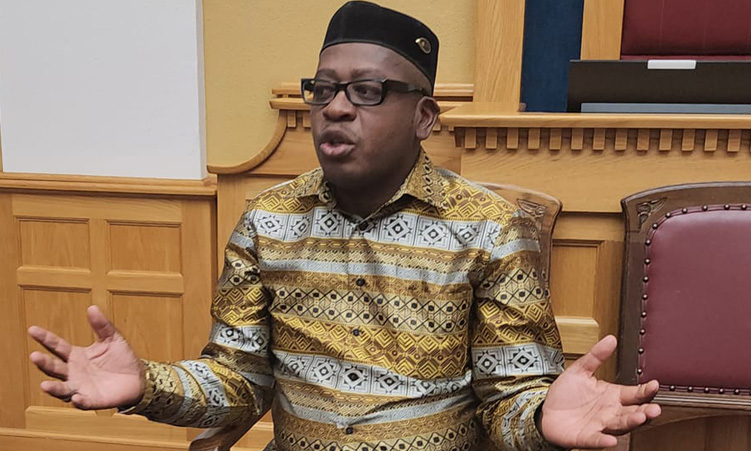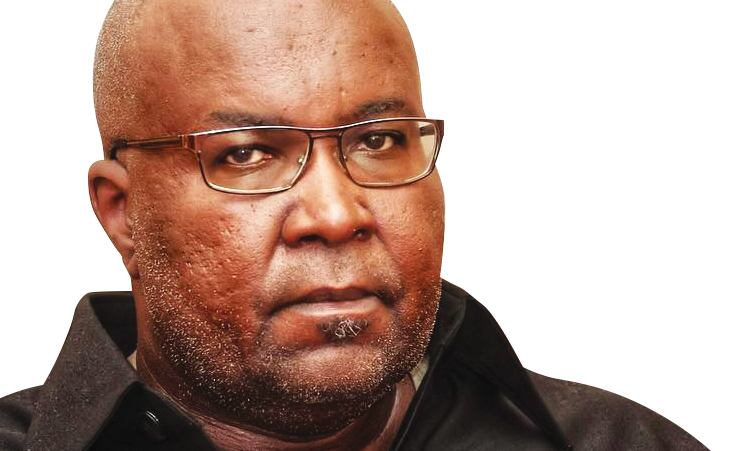As election fever grips Namibia, political parties in their election manifestos are promising Namibians more healthcare facilities, including mental health and rehabilitation clinics.
The ruling Swapo is reminding the country of its improvements to Namibian healthcare.
In its manifesto it says it has increased healthcare facilities from 272 in 1990 to 530 by 2023.
Independent Patriots for Change (IPC) says the party plans to establish 500 mobile healthcare clinics, while the Popular Democratic Movement (PDM) promises to build six mental health and rehabilitation facilities.
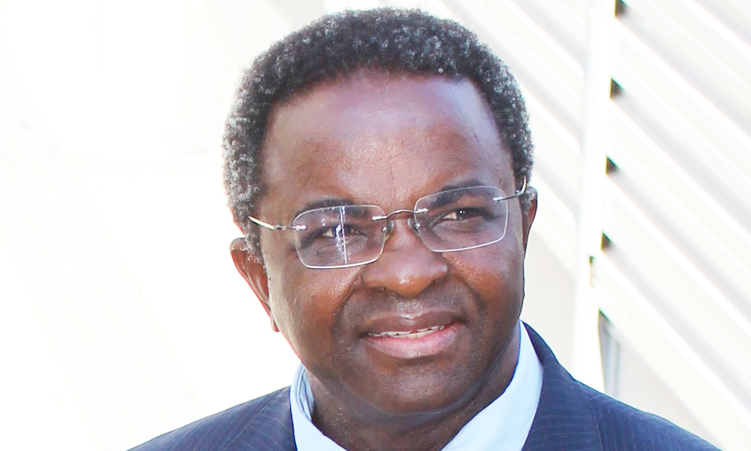
The National Democratic Party (NDP) wants to implement universal healthcare in Namibia, while Swanu is promising to incentivise young doctors to attract them to work in rural areas.
“Namibia is the first country in Africa and the first high-burden country in the world to achieve 99% HIV-free births,” the party’s manifesto reads.
The document also claims that over 560 medical doctors were produced, since the establishment of the country’s medical school in 2009.
NDP leader Martin Lukato says if elected his government will ensure adequate, equitable domestic funding for health and will proactively ensure sustainability.
“The NDP will work with established and emerging medical research institutions in other developing countries to develop vaccines for identified and emerging preventable diseases,” he says.
The NDP promises to ensure equity in trading licences so as not to prevent previously disadvantaged people from being part of this formalised industry.
“We will build 24-hour integrated post-sexual trauma centres in all district hospitals for urgent medical, forensic, psychological and social assistance, directly linked to policing and detective directorates,” he said.
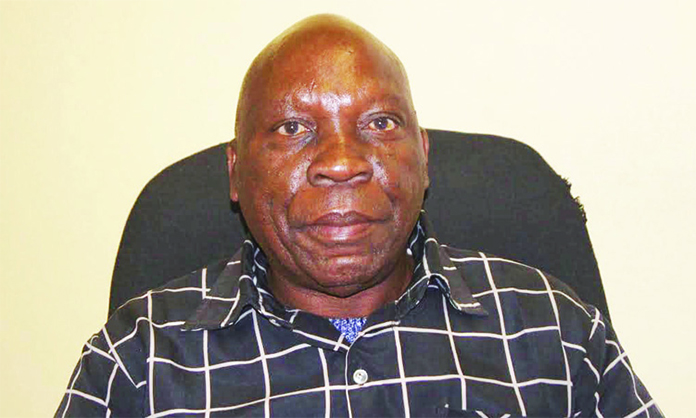
Lukato said the centres will be in every ward, prioritising the training, remuneration, support and retention of staff.
Republican Party (RP) leader Henk Mudge blames Swapo for the country’s poor state of healthcare.
“Our hospitals and theatres have become totally dilapidated, it will cost millions to repair them.
“The RP will ensure that priority is given to Namibian nurses and sisters to be employed and trained and to meet international standards, while being remunerated accordingly,” he says.
PDM leader McHenry Venaani says, if elected, his party will make sure unemployed enrolled nurses and caregivers will be employed at public palliative facilities.
“Community healthcare workers will be fully integrated as full-time employees in the public health sector, ensuring quality healthcare in every community,” he says.
The PDM says it will introduce a dedicated sexual and reproductive health strategy.
“The PDM will ensure improved access to the full range of contraceptives for all people, especially for adolescents and young people in the location of their choosing, is always improved and available,” Venaani says.
IPC leader Panduleni Itula pledges to improve the quality of healthcare services through improved training of medical practitioners.
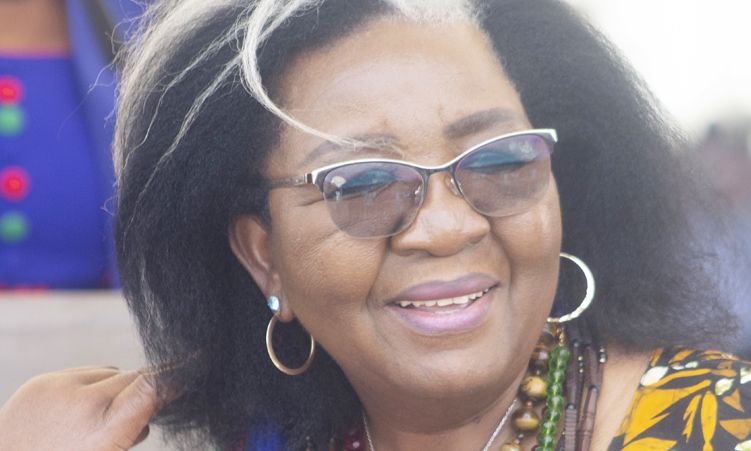
“The IPC will establish a network of 500 mobile health clinics to serve rural and remote communities,” he says.
He says specialised treatment centres for chronic diseases will be established at major towns across the country to improve accessibility.
“We will reduce the infant mortality rate from 37.9 to 20 per 1 000 live births within five years,” he says.
The IPC plans to increase life expectancy by five years across all demographic groups within a decade.
Swanu leader Evilastus Kaaronda promises to build two more hospitals to reduce the burden on Katutura Intermediate Hospital.
“The resource allocation criteria for recurrent and development budgets in the health ministry should urgently the revised,” he says.
Kaaronda says incentives will be created to encourage young doctors to work in the public sector, especially in rural areas.
Body of Christ Party (BCP) president Festus Thomas says his party will prioritise childhood developmental and cognitive health, building strong support systems when in government.
“The BCP government will ensure that children and adults are screened for the often accompanying visual, hearing and mobility challenges to ensure conducive schooling, work, and home environments to support participation in education, sport and other social activities,” he says.
The National Empowerment Fighting Corruption party plans to increase budget allocations for healthcare at all levels of government, upgrading deteriorating hospitals, and establishing new health facilities in rural communities.
Stay informed with The Namibian – your source for credible journalism. Get in-depth reporting and opinions for
only N$85 a month. Invest in journalism, invest in democracy –
Subscribe Now!




